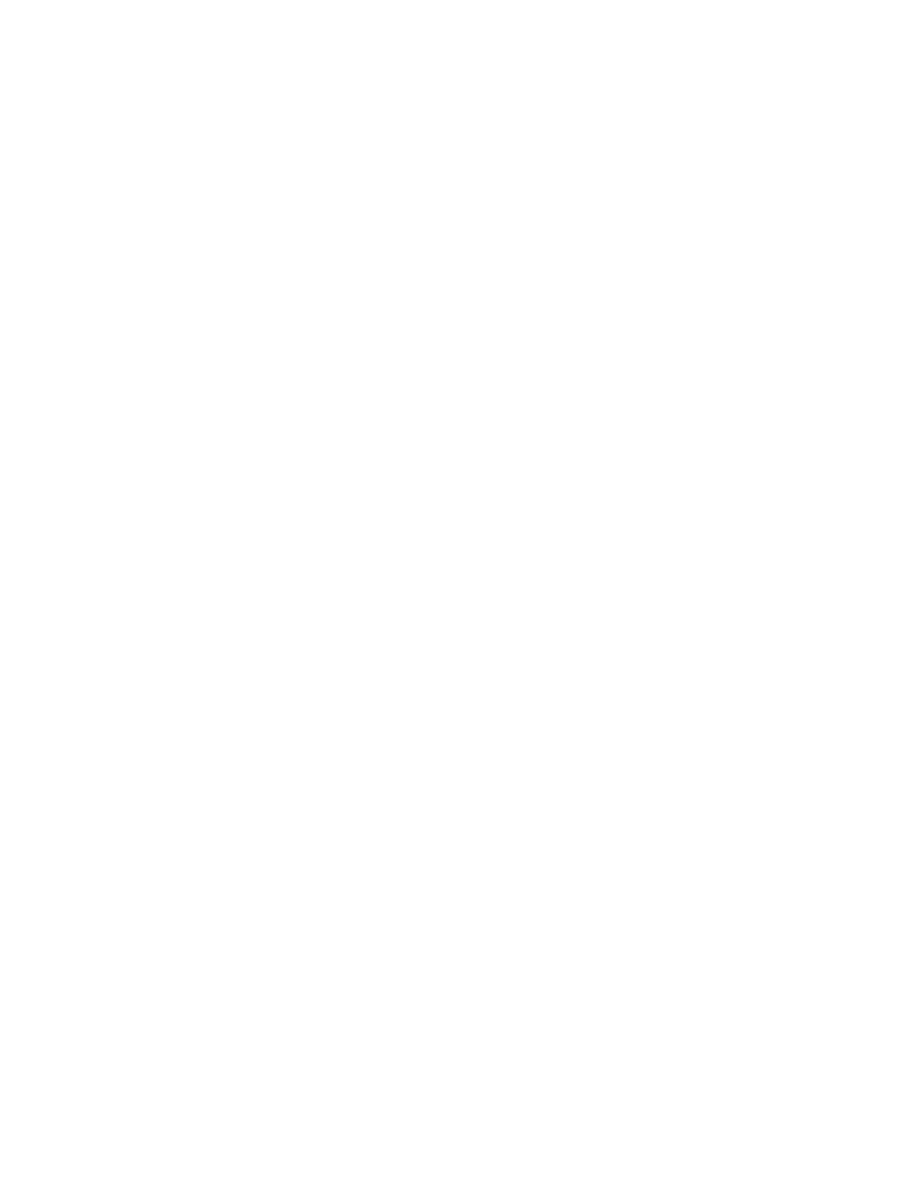
656
14 CFR Ch. I (1–1–19 Edition)
§ 147.43
§ 147.43
Inspection.
The Administrator may, at any time,
inspect an aviation maintenance tech-
nician school to determine its compli-
ance with this part. Such an inspection
is normally made once each six months
to determine if the school continues to
meet the requirements under which it
was originally certificated. After such
an inspection is made, the school is no-
tified, in writing, of any deficiencies
found during the inspection. Other in-
formal inspections may be made from
time to time.
§ 147.45
Advertising.
(a) A certificated aviation mainte-
nance technician school may not make
any statement relating to itself that is
false or is designed to mislead any per-
son considering enrollment therein.
(b) Whenever an aviation mainte-
nance technician school indicates in
advertising that it is a certificated
school, it shall clearly distinguish be-
tween its approved courses and those
that are not approved.
A
PPENDIX
A
TO
P
ART
147—C
URRICULUM
R
EQUIREMENTS
This appendix defines terms used in appen-
dices B, C, and D of this part, and describes
the levels of proficiency at which items
under each subject in each curriculum must
be taught, as outlined in appendices B, C,
and D.
(a)
Definitions.
As used in appendices B, C,
and D:
(1)
Inspect
means to examine by sight and
touch.
(2)
Check
means to verify proper operation.
(3)
Troubleshoot
means to analyze and iden-
tify malfunctions.
(4)
Service
means to perform functions that
assure continued operation.
(5)
Repair
means to correct a defective con-
dition. Repair of an airframe or powerplant
system includes component replacement and
adjustment, but not component repair.
(6)
Overhaul
means to disassemble, inspect,
repair as necessary, and check.
(b)
Teaching levels.
(1) Level 1 requires:
(i) Knowledge of general principles, but no
practical application.
(ii) No development of manipulative skill.
(iii) Instruction by lecture, demonstration,
and discussion.
(2) Level 2 requires:
(i) Knowledge of general principles, and
limited practical application.
(ii) Development of sufficient manipulative
skill to perform basic operations.
(iii) Instruction by lecture, demonstration,
discussion, and limited practical application.
(3) Level 3 requires:
(i) Knowledge of general principles, and
performance of a high degree of practical ap-
plication.
(ii) Development of sufficient manipulative
skills to simulate return to service.
(iii) Instruction by lecture, demonstration,
discussion, and a high degree of practical ap-
plication.
(c)
Teaching materials and equipment.
The
curriculum may be presented utilizing cur-
rently accepted educational materials and
equipment, including, but not limited to:
calculators, computers, and audio-visual
equipment.
[Amdt. 147–2, 35 FR 5534, Apr. 3, 1970, as
amended by Amdt. 147–5, 57 FR 28960, June
29, 1992]
A
PPENDIX
B
TO
P
ART
147—G
ENERAL
C
URRICULUM
S
UBJECTS
This appendix lists the subjects required in
at least 400 hours in general curriculum sub-
jects.
The number in parentheses before each
item listed under each subject heading indi-
cates the level of proficiency at which that
item must be taught.
Teach-
ing
level
A
.
BASIC ELECTRICITY
(2)
1. Calculate and measure capacitance and induct-
ance.
(2)
2. Calculate and measure electrical power.
(3)
3. Measure voltage, current, resistance, and con-
tinuity.
(3)
4. Determine the relationship of voltage, current,
and resistance in electrical circuits.
(3)
5. Read and interpret aircraft electrical circuit dia-
grams, including solid state devices and logic
functions.
(3)
6. Inspect and service batteries.
B
.
AIRCRAFT DRAWINGS
(2)
7. Use aircraft drawings, symbols, and system sche-
matics.
(3)
8. Draw sketches of repairs and alterations.
(3)
9. Use blueprint information.
(3)
10. Use graphs and charts.
C
.
WEIGHT AND BALANCE
(2)
11. Weigh aircraft.
(3)
12. Perform complete weight-and-balance check
and record data.
D
.
FLUID LINES AND FITTINGS
(3)
13. Fabricate and install rigid and flexible fluid lines
and fittings.
E
.
MATERIALS AND PROCESSES
(1)
14. Identify and select appropriate nondestructive
testing methods.
VerDate Sep<11>2014
08:20 May 17, 2019
Jkt 247048
PO 00000
Frm 00666
Fmt 8010
Sfmt 8002
Y:\SGML\247048.XXX
247048